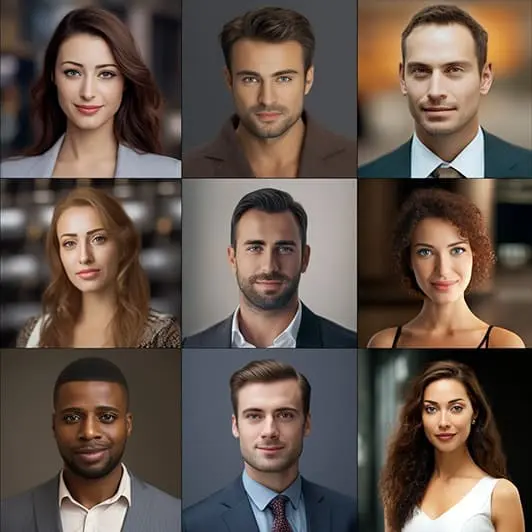It’s been reported that a TikTok video has started a trend of people using AI to enhance their appearance in their LinkedIn profile photos with a view to improving their chance of getting a job via the platform.
The TikTok Video
The short TikTok video that’s been attributed to inspiring the trend was posted during the summer and has since been watched more than 50 million times. The video shows the face of a young woman being enhanced by AI and refences the Remini AI photo and video enhancer app.
Remini
The Remini app, which claims to have 40 million monthly active users, says that it uses “innovative, state-of-the-art AI technology to transform your old photos into HD masterpieces” and that using its app you can “Turn your social media content into professional-grade images that engage your audience”.
By uploading 8 to 10 selfies (from different angles), the app offers generative AI so users can create hyper-realistic photos or alter ego versions of themselves or can enhance “ordinary” photos of themselves. The app lets users enhance the detail, and adjust the colour, face glow, background, and other details to create a more flawless look and improve photos, e.g. for use on social media profiles.
Why?
With so much competition in the job market for young adults (among whom the AI photo trend is most popular), and with others having access to the same technology, it may seem that enhancing a photo (within reason) to get a competitive edge seems fair to many, particularly if it’s easy and cheap to do (as it can be with AI tools).
Also, research has shown that better profile photos can yield positive results in the labour market. For example, the results of a 2016 research study by Ghent University (Belgium) found that employment candidates with the most favourable Facebook profile picture received around 21 per cent more positive responses to their application than those with the least favourable profile picture, and that their chances of getting an immediate interview invitation differed by almost 40 per cent.
Psychology
In terms of human psychology, it’s known that people tend to form more favourable judgments of individuals who appear more attractive or have a better photographic representation of themselves due to a combination of psychological factors. These include:
– The psychology of first impressions. Grounded in our instinctual ability to quickly gauge and categorise new information, this trait that was historically essential for survival. Seeing an enhanced photo, within seconds, could potentially appeal to this trait and lead to an employer making a more positive judgement about trustworthiness, competence, and likability.
– The ‘Halo Effect,’ which is a cognitive bias that leads us to assume that individuals possessing one positive trait (e.g., physical attractiveness in a photo) must also possess other desirable qualities, even when no evidence supports these assumptions.
– Social Comparison Theory, which suggests that people tend to evaluate themselves by comparing themselves to others. This could mean that when a person’s photo exudes attractiveness, viewers may subconsciously compare themselves and feel admiration or envy, thereby influencing their judgments.
– Our human tendency of ‘confirmation bias’ means that we seek out and interpret information that aligns with our existing beliefs or stereotypes. In other words, if we believe that attractive people are more successful or competent, we may selectively notice and emphasise information in the photo that confirms this belief.
– Theories of ‘Psychological Attraction’ could also mean that a positive and happy looking profile photo could lead to an employer making a more favourable evaluation by associating the positive feelings with the person’s image.
– Other possible psychological influences that could result from an enhanced profile photo could potentially include evolutionary psychology. For instance, we may subconsciously favour those who appear more attractive as potential mates or allies, and cultural or social Influences. For example, cultural and societal norms play a significant role in shaping our perception of beauty, and a profile photo that displays popular beauty ideals could play to the biases of a potential employer looking at a profile photo.
Why Use Apps Like Remini?
Apps such as Rimini offer many benefits for young adults (or anyone) looking to get a high quality, enhanced photo for a LinkedIn profile photo. For example:
– They’re cheap. Using an AI app (perhaps on a free trial basis) is less expensive than using professional photographic services, plus they don’t require any of the expensive equipment such as lighting, studio hire, etc.
– They’re fast, require minimal effort, and offer a better chance of satisfaction for the user. From just a few selfie uploads, with no need for any photographic knowledge or professional input or equipment, users can get great results in minutes with minimal difficulty.
– They produce high quality, professional looking results.
– They can be used on-demand and offer flexibility. For example, users can virtually try out different styles and looks that could even influence their own real look or could be used as a kind of split testing of response to their profile.
Other Apps Also Available
It’s worth pointing out that Remini is not the only such AI photo/video enhancing app available. For example, others include Snapseed, iMyFone UltraRepair, VSCO, Pho.To, PicsArt, Photo Wonder, Pixlr, and many more.
Challenges
Obviously, choosing to present a photo that is not a true representation of yourself with the intention of using it to get a job could have its challenges. For example:
– LinkedIn and similar platforms are professional networks where credibility is essential. If you meet someone in person or on a video call and they realise you don’t look like your profile photo, it can set a negative first impression. They might question your authenticity in other areas if you’re willing to misrepresent your appearance.
– Integrity is paramount in professional settings and presenting picture that doesn’t genuinely represent you might be seen as a breach of trust or even deceptive. This perception could, of course, impact your relationships with potential employers, colleagues, or clients.
– Relying on an AI-enhanced image can also have psychological implications. It may suggest that you’re not confident in presenting your true self, which could translate to lower self-esteem or self-worth over time.
– Employers / employment agencies are likely to be more interested in experience and qualifications rather than appearance and also may be wise to the fact that candidates may be using AI-enhanced photos.
– AI-enhanced images, especially those overly refined, can sometimes be clearly identified as modified which could lead people to think you’re hiding something or are overly focused on superficial aspects.
– There could be cultural and ethical implications. For example, in some cultures or industries, authenticity and honesty are valued above all else. Misrepresenting yourself, even in something as seemingly trivial as a profile photo, could be deemed as unethical or unprofessional.
– While the intention behind using an enhanced photo might be to increase job opportunities, it might actually have the opposite effect. If employers or recruiters sense any deceit, they might choose not to engage with you.
– Using AI-enhancement tools, especially those online, could pose a risk to your privacy. There’s always a chance your photos might be used without your consent or knowledge.
What Does This Mean For Your Business?
Appearances are, of course, important in first impressions, in professional environments, and where there are certain expected or required appearance and dress codes to adhere to. Also, wanting a professional-looking photo that you can be happy with, that you think shows the best aspects of yourself as a candidate is understandable, as is thinking that it may help you overcome some known biases.
Having a low price/free way to obtain professional photos quickly is also an attractive aspect of these kinds of AI apps. However, a balance is needed to ensure that the photo is not too enhanced or too unlike what a potential employer may reasonably expect to see in front of them should they choose to invite you to interview. An overly enhanced photo could, therefore, prove to be counterproductive.
It should be understood, however, that for most employers and agencies, experience, qualifications, and suitability for the role are far more important than a photo in making fair and objective recruitment decisions. It’s also worth noting that even if a photo did contribute to getting an interview, the face-to-face, in-person interview is a challenge that AI can’t yet help with (yet). That said, many corporate employers are turning to AI to filter job applications, and young people may feel that with this and with other competing applicants potentially using AI to get an edge, so why shouldn’t they?
This story also highlights the challenges that businesses now face from generative AI being widely available, e.g. being used to write applications, emails, and more, as well as risks to security with deepfake based scams. Just as generative AI has helped businesses with productivity, it also presents them with a new set of threats and challenges, and may require them to use AI image-spotting tools as a means of filtering and protection in many aspects of the business, including recruiting, and may highlight why and when, even in a digital world, face-to-face meetings continue to be important in certain situations.


